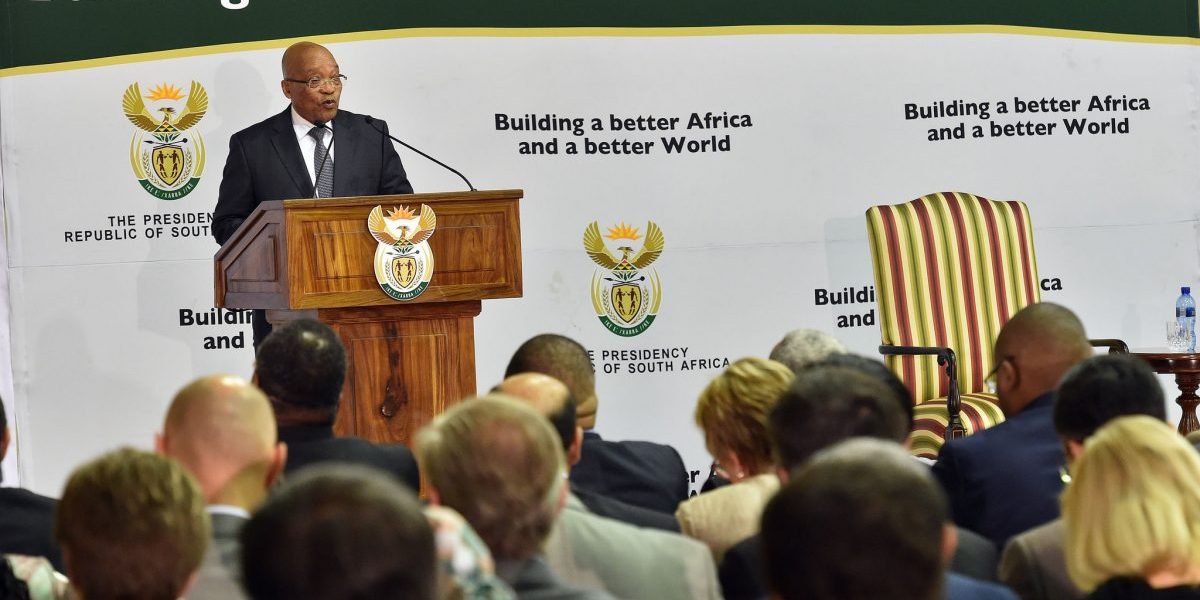When the time came for South Africa to do its APRM self-assessment, a small organisation became determined that its voice would be heard at the highest level. The Open Democracy Advice Centre (ODAC) was aware that the creators of the APRM wanted the assessment to involve participation by all elements of society. And it had a very strong idea indeed of what its role should be.
ODAC was passionate about two issues in particular, both offering safeguards against corruption in high places. The first was that ordinary people should be able to obtain, more easily and more quickly, information from government and corporations to which they were entitled. The second was that whistleblowers – those exposing corruption within institutions – should be given more legal protection.
According to the authors, the obstacles were formidable. Government seemed bent on controlling the process. ODAC was nearly excluded at the outset. Along the way, its submissions and recommendations fell by the wayside. Final recommendations were amended without consultation. The government refused to let the public see the changes.
But, for ODAC, persistence paid. Its voice was heard in the final, binding document – the Programme of Action.
This paper tells how it happened.
Perspectives on Governance: Founded to promote public debate and research on crucial issues of public policy, the South African Institute of International Affairs (SAIIA) is pleased to present a series of occasional papers that we hope will contribute to a more robust conversation about the nature of Africa’s governance challenges.








